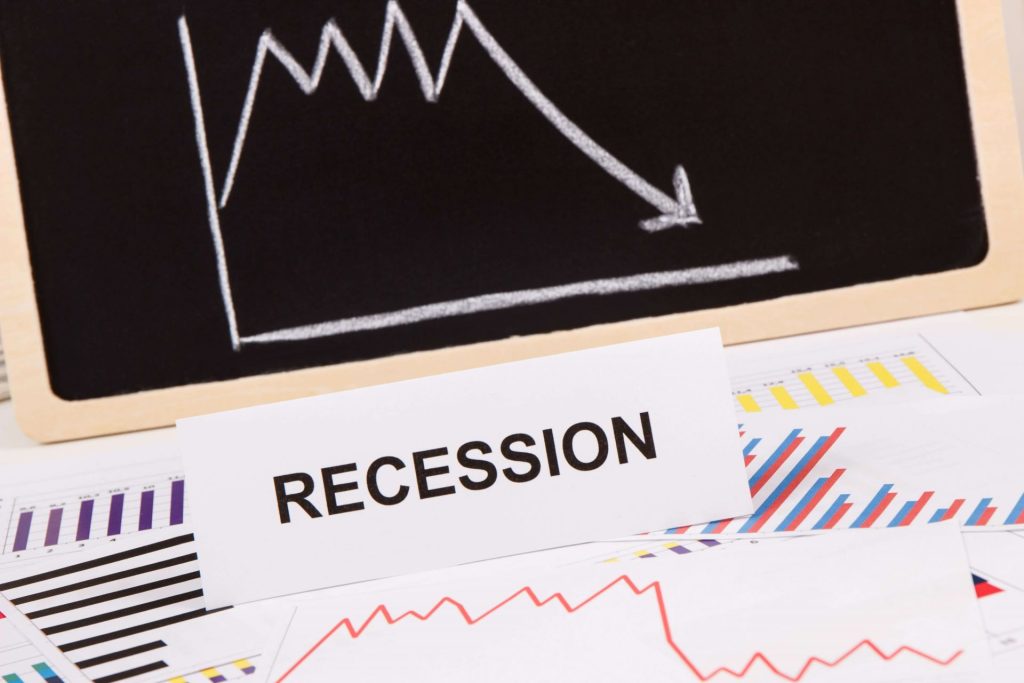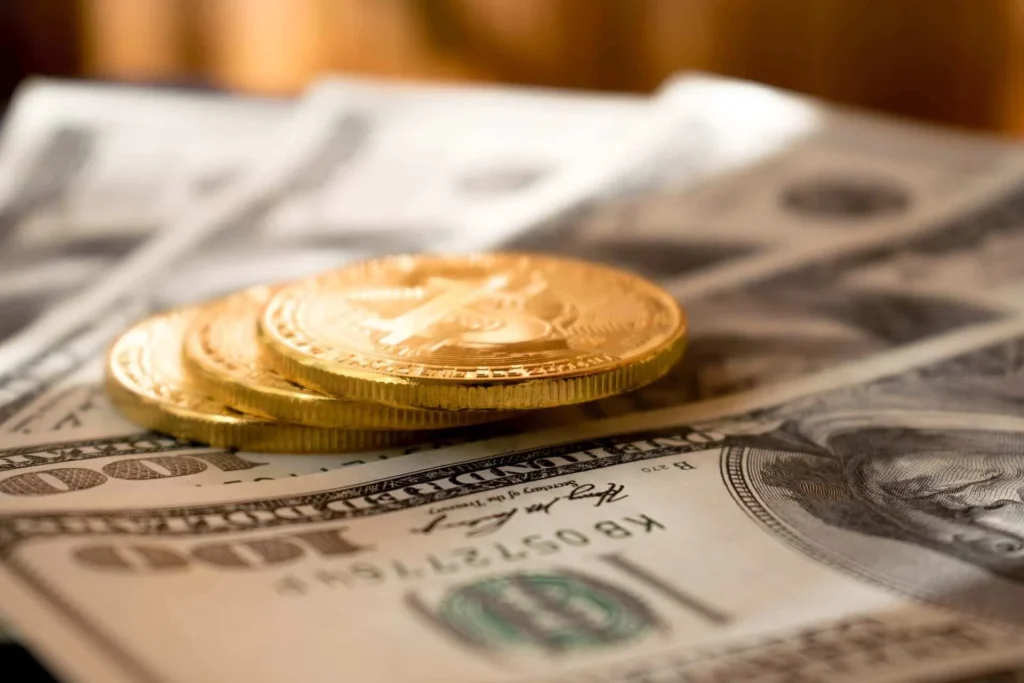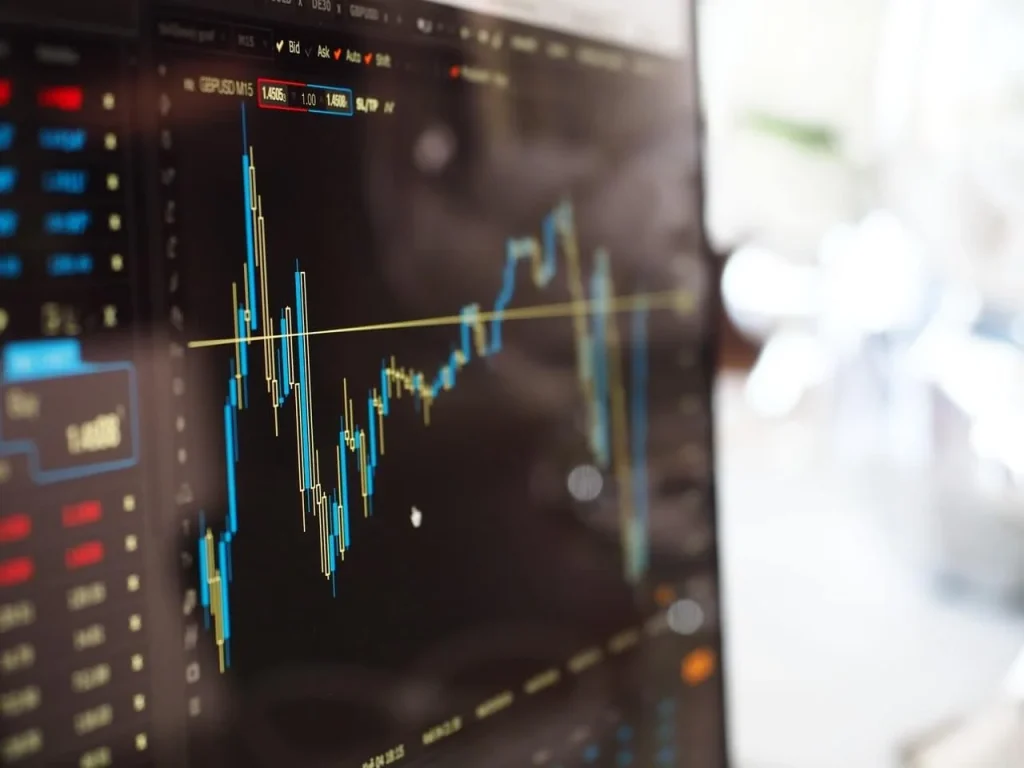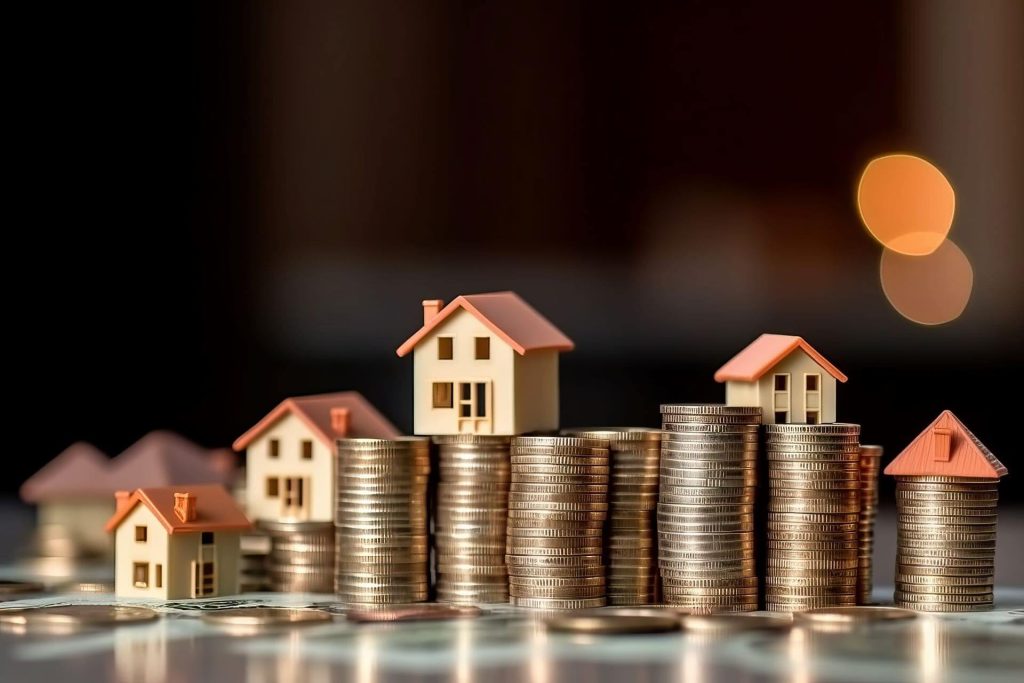As of Q3 2023, the global economic landscape has experienced its fair share of ups and downs. As a result of a brief recession that has affected several businesses, investors are looking for safe havens for their money. Real estate investing, especially through firms like Crown Asia, has emerged as a dependable and promising way for investors to protect and even increase their capital in this tumultuous financial environment.
In these trying times, Crown Asia, a significant player in the real estate sector, has displayed extraordinary fortitude. Crown Asia is in a strong position to withstand the economic storm and present investors with a rare opportunity because of its reputation for taking a creative and forward-thinking approach to real estate development.
The Philippines, a country known for its tenacity in the face of economic difficulties, is on the verge of what experts anticipate will be a brief recession in the third quarter of 2023. This results from a number of internal and external forces that interact to produce an intricate economic environment.
The Philippines’ economy has long been recognized as one of Southeast Asia’s fastest-growing, but in recent years, it has faced a number of difficulties that have tested its endurance. These difficulties include the ongoing COVID-19 pandemic, rising inflation, worries about the labor market, and a decline in the world economy.
Due to the continued rise in inflation and the potential for additional interest rate increases from the Bangko Sentral ng Pilipinas (BSP), ING Bank reduces its 2023 economic growth prediction for the Philippines below 5%.
The gross domestic product (GDP) growth prediction for the Philippines was further downgraded by the Dutch financial behemoth from the initial goal of five percent for this year to 4.8 percent, according to ING Bank’s head economist Nicholas Mapa.
After the economy expanded by 7.6 percent last year as a result of the full reopening of the economy following the tight COVID quarantine and lockdown rules being relaxed, ING Bank had predicted GDP growth of 5.5 percent for this year.
After experiencing a 9.6 percent GDP decline in 2020, the Philippines emerged from the pandemic-caused recession in 2021 with a gain of 5.7 percent.
The nation’s GDP expanded more slowly than expected, from 6.4 percent in the first quarter to 4.3 percent in the second, as a result of external challenges and the central bank’s aggressive interest rate increases.
“We reduced to 5% after the second quarter GDP. It has now dropped to 4.8 percent due to anticipated rate increases and an increase in inflation, according to a communication from Mapa to The STAR.
The Philippine Economy Today

According to Philippine Inquirer (Domingo, 2023) The Bangko Sentral ng Pilipinas (BSP) position that policy rate reduction are “off the table” in the remaining months of this year would be challenged by an anticipated quarter-on-quarter decline of the Philippines’ gross domestic product in the third quarter, the second consecutive decline.
In a research note, Pantheon Macroeconomics said that the Philippines was going through a technical recession that was only mild. They projected that output would fall by 0.2% between the quarters of July and September and April and June.
This outcome is anticipated by the UK-based think tank following a second-quarter decrease of 0.9% when compared to the first quarter of this year.
The preliminary third-quarter reading is expected to be released by the Philippine Statistics Authority by Nov. 9, one week before the Monetary Board’s (MB) subsequent policy meeting, which is planned for Nov. 16.
In addition to the recession from the pandemic era, if Pantheon Macroeconomics is correct, year-over-year growth will fall to just 1.8 percent from 4.3 percent in the second quarter. This would be the lowest reading since the Global Financial Crisis [of 2007-2008].
It continued, “In terms of inflation, it appears the government’s Executive Order placing a ceiling on rice prices—the primary cause of the hot August inflation print—is swiftly bearing fruit.
Analysts have issued a warning that the final few months of the year should be anticipated with HIGH inflation and slower growth.
“The Philippine economy is likely to post a slower growth print for 2023,” said Nicholas Antonio Mapa, senior economist at ING Manila Bank.
He stated that a number of things would contribute to the slowdown in economic development.
According to Mapa, a spike in consumption brought on by “revenge spending” was decreasing, with the desire for travel and leisure activities that characterized 2022 and the beginning of 2023 in particular declining.
Households will eventually return to more typical consumption habits as spending on vengeance declines, Mapa added.
Technical recession meaning

Economic shocks (like a rise in oil prices), financial panics (like the one that preceded the Great Recession), abrupt changes in economic expectations (the so-called “animal spirits” described by John Maynard Keynes; this is what caused the dot-com bubble to burst), or some combination of the three can result in recessions, which are defined as two consecutive quarters of negative economic growth. In a recession, most businesses struggle, mostly because demand (and revenue) declines and future uncertainty rises. However, evidence indicates that the harm can be lessened.
Economically speaking, a technical recession is a period of economic deterioration that is often characterized by two consecutive quarters, or six months, of negative economic growth. A country’s economy, as shown by its Gross Domestic Product (GDP), experiences a decline in overall output and economic activity during a technical recession.
When GDP growth is negative, the economy is producing less than it did during the preceding period. This could be due to a variety of things, including decreasing consumer spending, decreased company investment, declining exports, or other economic difficulties. These elements result in decreased output, elevated unemployment, decreased income, and frequently an overall sense of ecological distress.
How to survive financially during economic recession

Invest in real estate or stocks
When the economy is expanding, consumer discretionary equities frequently experience significant increases. Because the gains and losses in this group are based on the ups and downs of economic cycles and consumer confidence, they are known as cyclical stocks.
Utility stocks and consumer staples stocks are examples of defensive names in non-cyclical sectors that are typically sheltered from these ups and downs. Defensive equities can help safeguard your portfolio during a recession.
Companies that provide necessities like food, energy, and housing are typically noncyclical and less vulnerable to economic cycles, according to Katz.

“Investors should seek out quality across asset classes to protect a portfolio during a downturn,” says Katz. The characteristics of high-quality investments are low beta, high returns on investments, and minimal leverage.
He refers to these businesses as “all-weather businesses” because their success or survival is not reliant on economic expansion. Businesses with strong recurring revenue, such those with subscription-based sales strategies, are less vulnerable to downturns in the economy.
According to him, businesses with a lot of debt should be avoided because if sales and cash flow suffer, they can find it difficult to pay off their debt. If credit conditions and lending standards become stricter, they can also experience difficulties refinancing debt when it comes due.
Why investing in real estate during recession is a good idea?
People have traditionally viewed real estate, whether residential and commercial, as the most desirable investment option since it is solid and dependable. However, many frequently question whether a real estate investment can withstand the storm during unanticipated events, such as a recession. Should I purchase property in a downturn?” is a query we frequently get. The property sector has naturally suffered greatly during prior economic downturns, just like any other industry.
Around the world, the COVID-19 pandemic has had an impact on a variety of industries and businesses. Businesses that formerly looked impregnable are now fighting for survival. Is there still anything worth investing in, many people wonder?
The most sensible investment choice has always been real estate. But many people are wondering whether it would be wise to invest in real estate in the Philippines at this time given the extraordinary nature of the global pandemic.”
Real estate has understandably suffered a great deal as a result of the epidemic, just like every other sector of the economy. But this is precisely the reason you should do it at once.
“We could see households move to save more and pay down the substantial debt pile built up during the lockdown and the period of revenge spending,” he stated.

According to Mapa, full-year growth could decline from 7.6 percent in 2022 to 4.8 percent in 2023.
The growth of the gross domestic product (GDP) drastically slowed to 4.3 percent in the second quarter, increasing the likelihood that the full-year goal would not be met.
The growth, which resulted in 5.3 percent growth year to far, was a sharp decline from the first quarter’s shockingly high 6.4 percent growth.
This fell far short of the government’s objective of a 6- to 7-percent GDP growth. However, economic administrators are adamant that the objective will be achieved. However, according to Mapa, rising borrowing rates were slowing down the rate of expansion.
This was demonstrated by the decline in bank loan growth from double-digit rates earlier in the year to about 7.0 percent, according to reports. Furthermore, while an increase in government expenditure is anticipated and will likely help somewhat, it could not be enough to fully compensate for declines in both capital creation and consumption.
Government expenditure is generally “smaller in contribution to the overall growth picture,” according to Mapa, which explains why.
According to Miguel Chanco, the head of Emerging Asia at Pantheon Macroeconomics, third-quarter GDP growth will be the “weakest print since the Global Financial Crisis, leaving aside the pandemic-era recession.”
“As things stand, we expect the third-quarter gross domestic product report — due a week before the Board next sits — to show that the economy contracted by a further 0.2 percent quarter on quarter, following the second quarter’s surprise 0.9-percent decline,” Chanco said.
“Really bad news is likely to come sooner rather than later, with our rate forecast predicated on the view that the Philippines is already in the middle of a shallow technical recession,” he said.
He highlighted that the BSP’s stance against a rate cut in the fourth quarter would be put to the test in the event of a technical recession.
Real estate continues to appreciate its value

Real estate values have risen over the past 70 years despite numerous recessions. In other cases, the valuations have even gone up while the recession was still going on. However, even if a hot housing market cools off due to economic unrest, that’s still wonderful news for investors as it may create opportunities to buy houses at a lower price.
In addition, although real estate prices may currently be significantly lower than in past years, the Bangko Sentral ng Pilipinas anticipates a robust recovery of as much as 7.8% in 2021. This indicates that now is a good time to invest in real estate. Grab the chance while the prices are still low because real estate values increase over time.
Real Property with Inherent Value
The tangible nature and inherent worth of the asset are two key factors in why buying real estate is a smart move during a downturn in the economy. Because they offer homes, businesses, and frequently increase in value over time, land and property will always have intrinsic value. People still need someplace to live, and businesses still need locations to operate, even in hard economic times. Therefore, even during recessions, real estate investments continue to produce income through rentals.
Investment Portfolio Diversification
A key component of risk management is diversifying one’s investing portfolio. Particularly during economic downturns when the stock market and other investments may become more volatile, real estate is a great opportunity for diversification.
There’s always a demand for in the real estate industry.

No matter what occurs, there will always be a need for shelter because it is a basic requirement. The benefit of real estate investing is the constant demand for it; so, if you’re looking to buy a property and sell it in the future, there will undoubtedly be a buyer regardless of the situation.
By renting out the property and using the rent as a passive income source, you may also get the most out of your real estate investment. You can rent out the property at the existing price and increase it in line with inflation as the years go by, depending on the state of the economy and the fundamentals of supply and demand.
When compared to other investments, real estate is more stable.
Real estate is more stable over the long term compared to other investments like equities, government bonds, certificates of deposit, mutual funds, etc. Bloomberg, a major source of business and financial news, claims that equities are inherently unstable and are susceptible to economic disasters. Recession, however, has little impact on the real estate market. Real estate is also a practical, concrete investment that you may use even if its value declines.
Related Blog: Why Investing is the Best Way to Hedge Inflation


